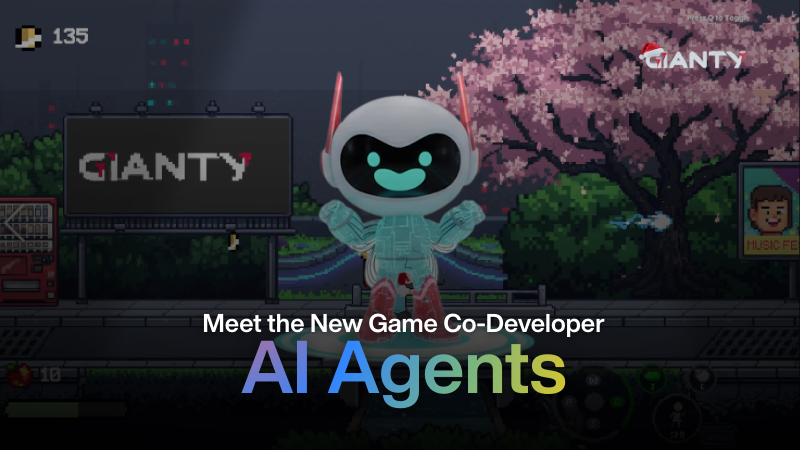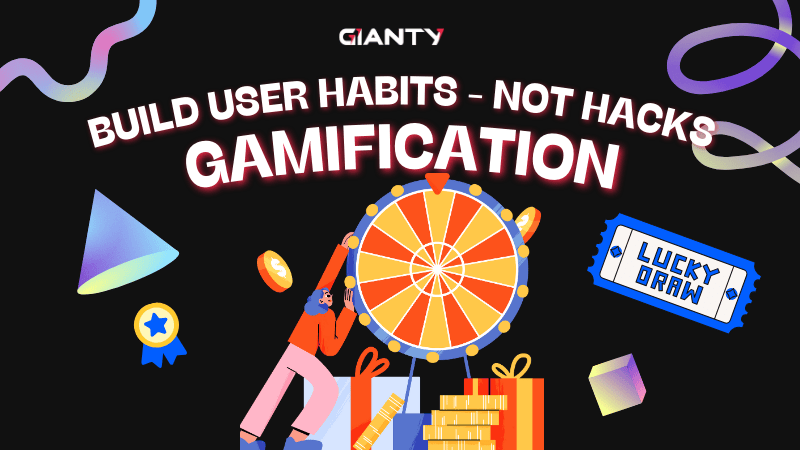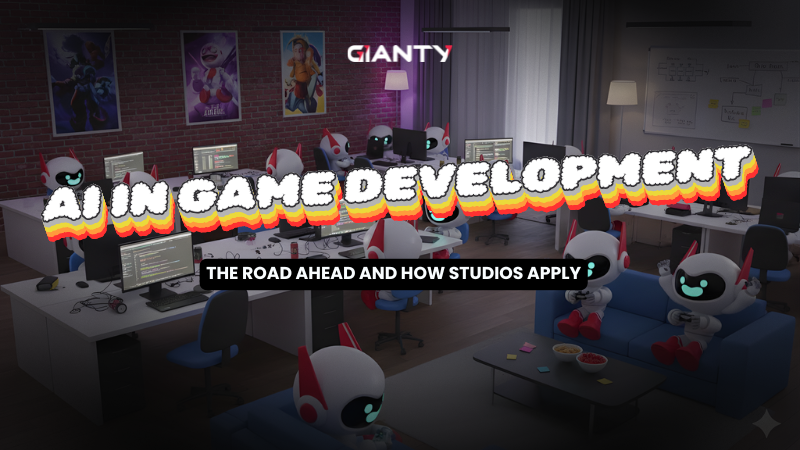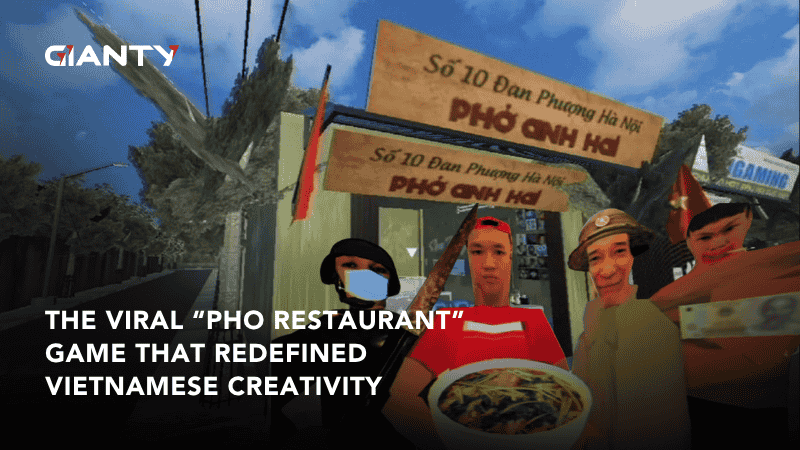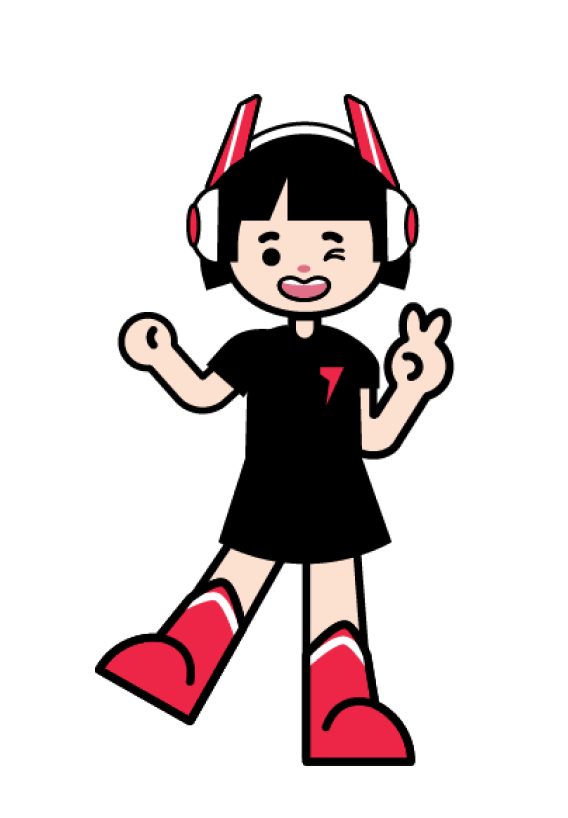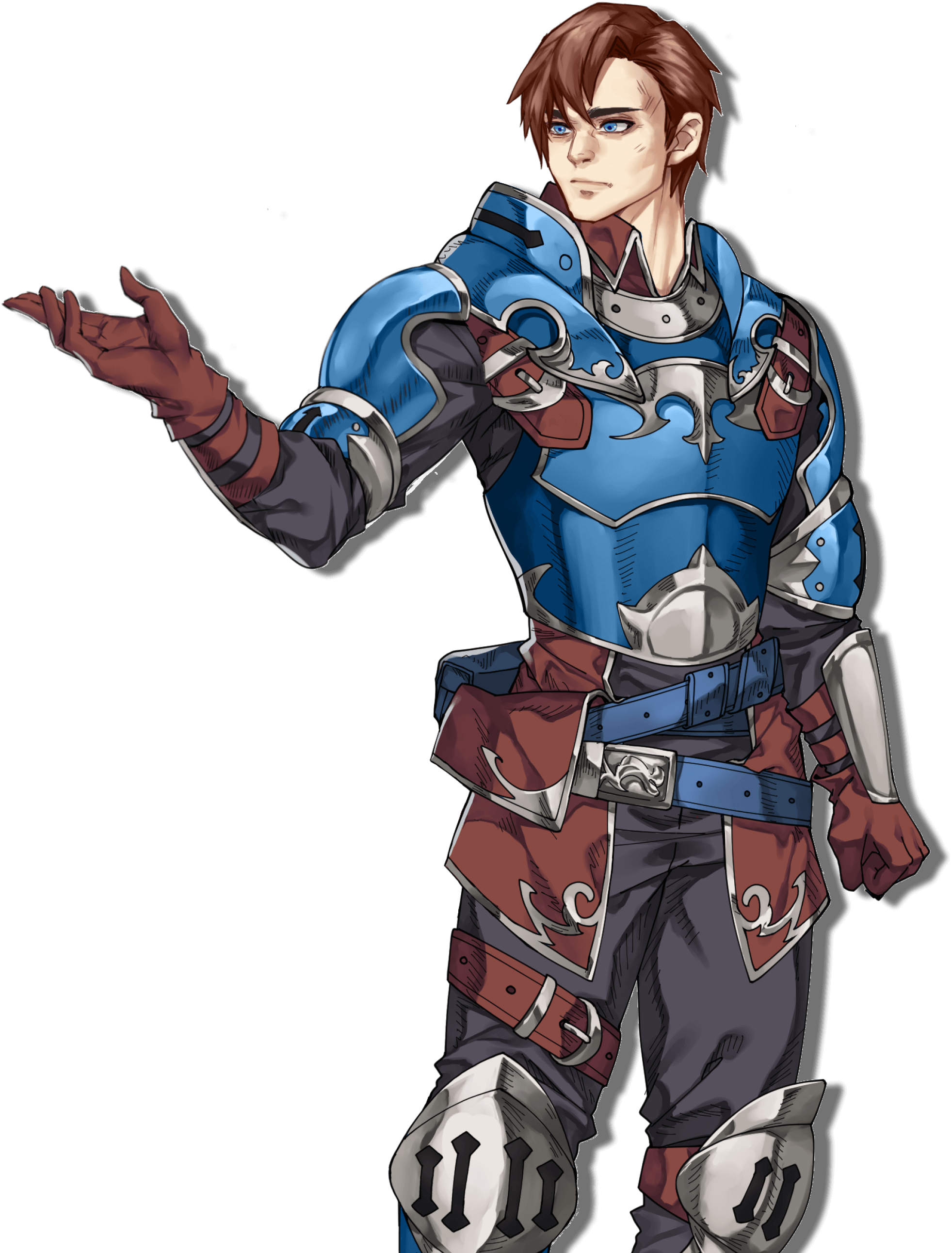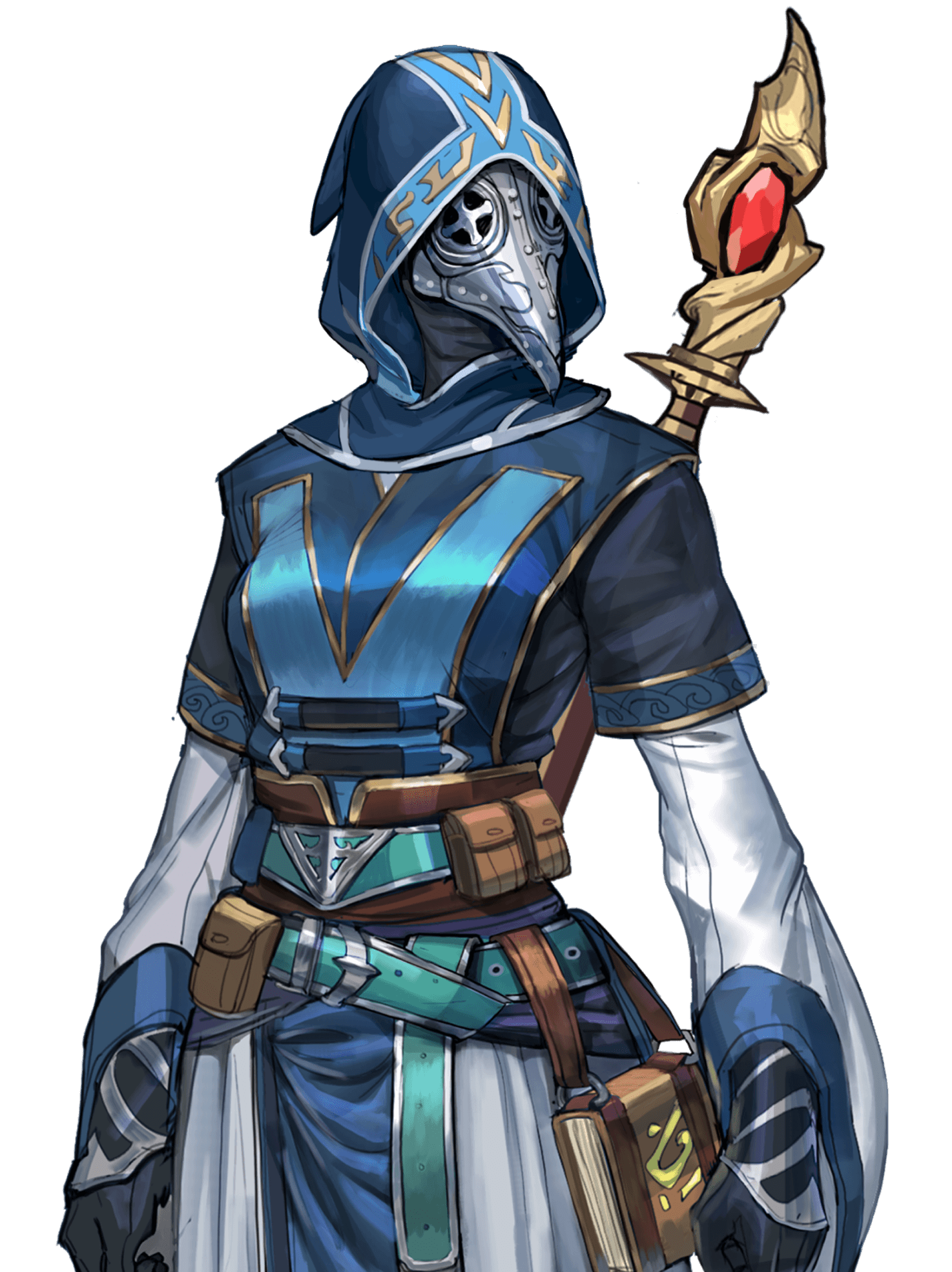Dedicated development team – it’s a phrase you’ll often hear when studios talk about scaling up production or building games faster without ballooning in-house costs. In today’s fast-paced game industry, where projects must balance quality, speed, and budget, outsourcing part of the development process has become a smart and strategic choice.
Building a full in-house studio can be time-consuming and expensive. Recruiting developers, artists, and QA engineers, training them, and keeping them engaged for the long term can easily drain resources, especially if your workload fluctuates between projects.
That’s why many studios are turning to game development outsourcing models, such as dedicated development teams and outsourcing. Both allow game companies to tap into global talent, fill skill gaps, and maintain creative momentum without compromising quality or control.
At GIANTY, we offer both models, whether you want a dedicated game development team working under your direction or an outsourcing team delivering specific milestones.. In this article, we’ll break down what each model means, their benefits, and how to choose the right one for your next game project.
Dedicated Development Team Model
What Is a Dedicated Team Model?
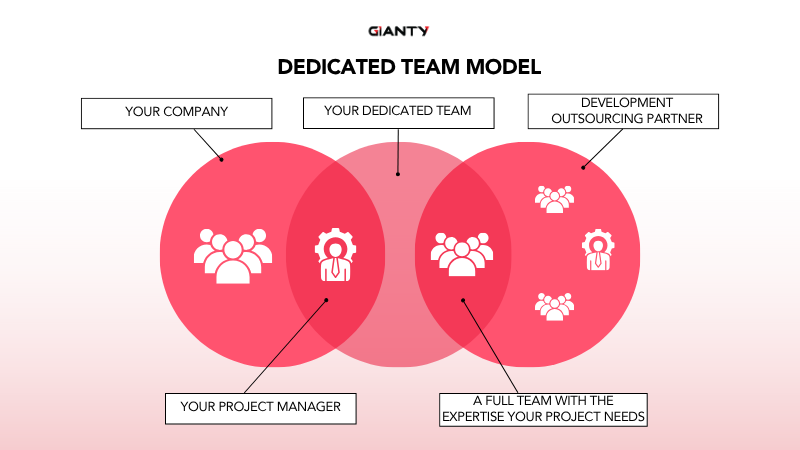
A dedicated team model means you partner with an external studio (like GIANTY) that assembles a full-time, long-term team working exclusively on your project.
Think of it as extending your in-house studio without the overhead of recruitment, training, or management. The team usually includes developers, artists, designers, QA engineers, and project managers, all fully aligned with your goals and production roadmap.
In game development, this model is especially useful for mid-sized and large studios that want to scale production without losing creative control or spreading internal resources too thin. For example, you might have an internal team focusing on core gameplay while your dedicated team handles asset production, level design, or multiplayer features, all working under your direction.
In short, a dedicated development team is your own remote studio – managed like an internal department but supported by an experienced outsourcing partner.
Key Benefits of a Dedicated Development Team Model
A dedicated development team gives game studios flexibility, control, and cost efficiency. Here are its main advantages:
- Full control: You manage the team directly, ensuring every feature or asset matches your creative vision.
- Consistent quality: Dedicated developers stay on your project long-term, building deep knowledge of your game’s systems and art style.
- Scalable and flexible: Easily scale up or down as your project evolves from early prototyping to live operations.
- Cost-effective: Compared to maintaining a large in-house team, this model reduces long-term hiring, training, and overhead costs.
- Seamless collaboration: The team works within your existing pipeline and tools, maintaining clear communication and steady progress.
When to Use a Dedicated Development Team Model
A dedicated team is ideal if:
- You’re developing a long-term or complex game project that needs consistent team continuity.
- You want to build a remote studio extension managed by professionals.
- You need end-to-end production, not just individual roles.
- You prefer ongoing collaboration rather than short-term outsourcing.
- You value creative and technical consistency across multiple milestones.
At GIANTY, we often use this model with clients who need cross-functional teams to ensure quality and stability over time.
Outsourcing Model
What is an outsourcing model?
Outsourcing is a game development model where a studio partners with an external developer or production team to complete a specific game project or feature.
In this model, the outsourcing partner is fully responsible for all stages of production from requirements gathering, design, development, and project management to delivery or deployment. The client provides the concept, goals, and approval checkpoints, while the external team executes the production.
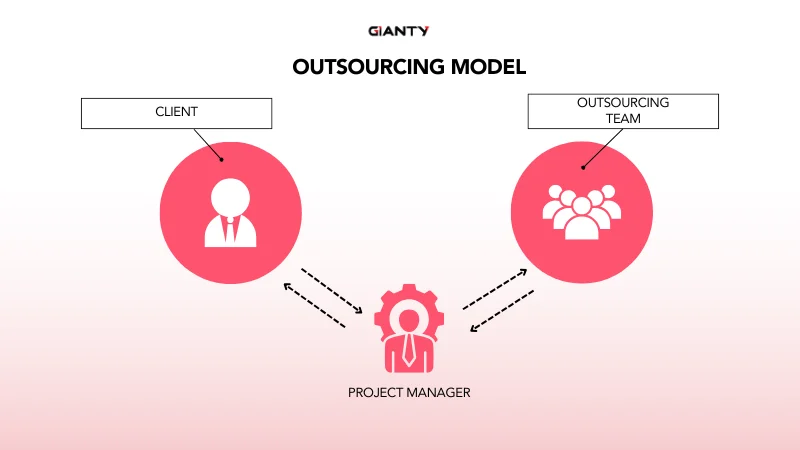
Key Benefits of the Outsourcing Model
- Focus on Core Competencies: An outsourcing model allows studios to focus on their strengths such as creative direction, publishing, or marketing while the external team takes care of production. This is especially valuable when developing a project that isn’t part of your main portfolio or genre.
- Minimal Client-Side Commitment: The outsourcing partner manages the entire development process, reducing your need for daily oversight or additional resources. You define the project goals, review milestones, and approve deliverables – the rest is handled externally.
- Clear Scope and Predictable Results: Before production begins, both parties agree on the scope, timeline, and deliverables. This ensures you know exactly what to expect and when, while the partner assumes responsibility for execution.
When to Use an Outsourcing Model?
Project-based outsourcing is the right choice when you need to:
- Complete a defined project or feature. Ideal when you have a specific deliverable like a new game mode, port, or DLC without hiring a full team.
- Access specialized expertise. Useful when you need skills not available in-house, such as 3D art, multiplayer back-end, or console optimization.
- Reduce production costs. Outsourcing helps you manage budgets efficiently, especially for short-term or one-off projects.
- Maintain control over budget and scope. The terms are fixed in advance, so you have transparency over cost, deliverables, and deadlines.
- Deliver projects faster. The outsourced team is focused on a single goal, which improves turnaround and delivery time.
Dedicated Development Team VS Outsourcing
Choosing between a Dedicated Development Team and Outsourcing depends on your game’s goals, production scope, and internal management capacity.
- Project scope & timeline: Long-term or evolving projects are best handled by a Dedicated Team, ensuring ongoing collaboration and continuity. For one-off tasks or well-defined deliverables, Outsourcing is the more efficient choice.
- Internal structure & management bandwidth: If you already have project leads and internal producers, Outsourcing can help you execute specific milestones quickly. If you need more integrated support and shared oversight, a Dedicated Team reduces management overhead.
- Budget & risk tolerance: Outsourcing often has lower upfront costs and is ideal for fixed-scope projects, but a Dedicated Team provides more stability, consistent quality, and predictable long-term budgeting.
- Continuity & product knowledge: A Dedicated Team builds deep familiarity with your IP and workflows, making it ideal for games with continuous updates, expansions, or live operations.
- Speed & flexibility: Outsourcing offers faster start-up for short-term needs, while a Dedicated Team provides stronger alignment for sustained development and complex game systems.
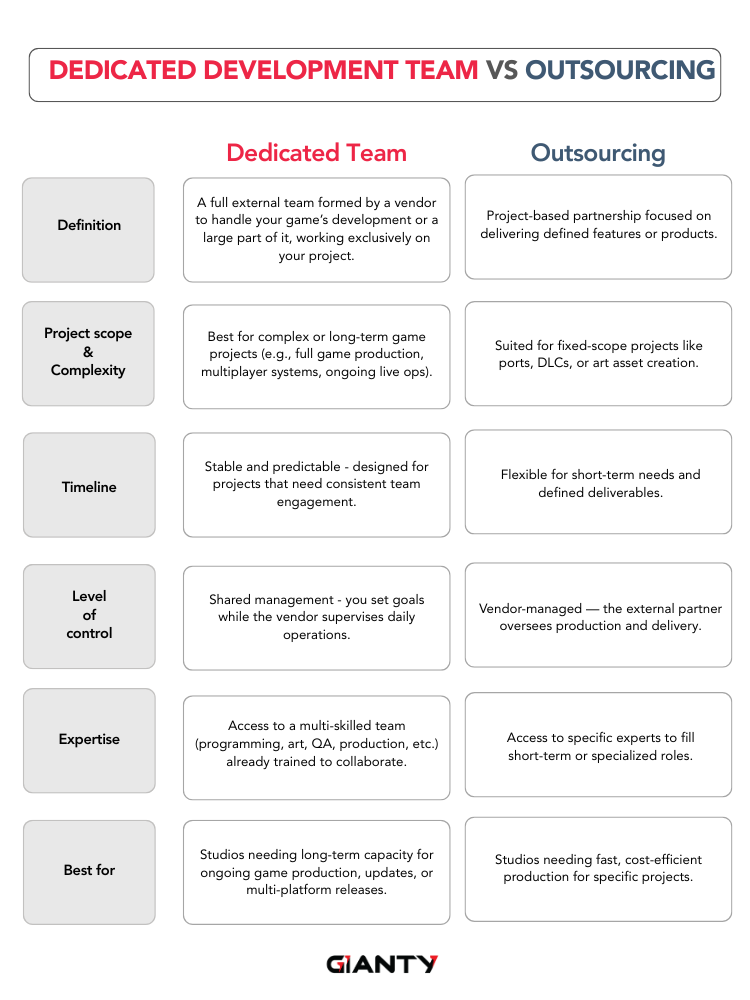
What Is the Right Model for You?
GIANTY is a Asia-based game development company with production centers in Japan and Vietnam, combining Japan-quality craftsmanship with global delivery standards. We help game studios worldwide succeed through dedicated team and outsourcing models, providing reliable, scalable, and high-quality solutions for every stage of game development.
Can’t decide between dedicated team vs outsourcing model? Drop us a line about your project – whether it’s a prototype, mobile game, live ops engine, or full port, we’ll tailor the perfect solution for you.
FAQs
- What is a dedicated development team in game development?
A dedicated development team is a long-term partnership model where a group of developers, artists, and QA engineers work exclusively on your game project. They function as a remote extension of your in-house studio, following your direction, tools, and production goals.
- How to choose a dedicated development team?
When choosing a dedicated Team, look for a partner with proven experience in game development, strong communication practices, and a track record of successful projects. Evaluate their team structure, technical skills (e.g., Unity, Unreal, 2D/3D art), and familiarity with your genre to ensure they align with your production needs and culture.
- How to manage a dedicated development team effectively?
A dedicated team can be managed effectively by setting clear goals, maintaining open communication, and aligning on tools and workflows from the start. Use shared project management systems, define responsibilities, and hold regular check-ins. Encourage collaboration, provide feedback, and track progress through measurable milestones to keep the team focused and efficient.
- How much does hiring a dedicated development team cost?
The cost of hiring a dedicated development team depends on factors such as team size, skill set, project scope, and duration. Each project requires a tailored approach based on its complexity and goals.
For an accurate estimate that fits your business plan, contact GIANTY to discuss your project details and get a customized proposal.





